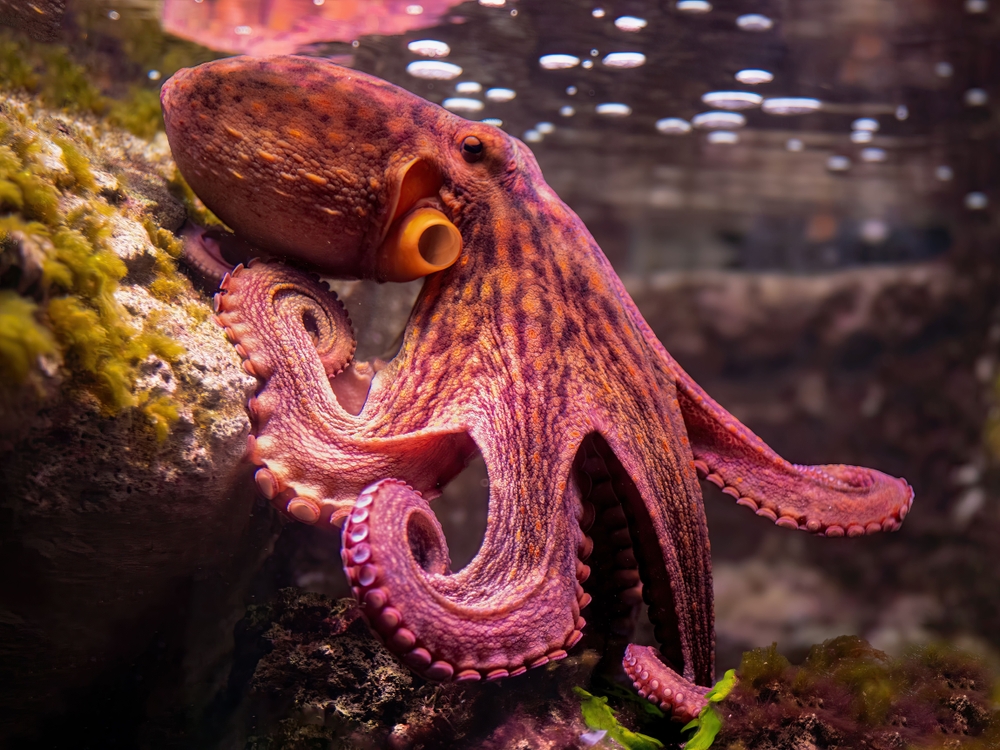The Enigmatic Lives of Octopuses as Pets: A Deep Dive into Their Care, Characteristics, and Conservation
Did you know that octopuses are considered one of the most intelligent creatures in the invertebrate kingdom? Their fascinating behaviors, intricate physiology, and dynamic personalities make them a captivating choice for an unconventional pet. However, they also present unique challenges that potential owners must be prepared to meet. This article delves into the world of octopus pet-keeping, exploring their needs, characteristics, and the broader context of their conservation.

Octopuses in Historical and Cultural Context
Octopuses have long captured human imagination. Ancient Mediterranean civilizations, like the Minoans, depicted them in their art, while the Greeks and Romans wrote about them in their myths and natural history texts. In the modern era, octopuses have emerged as popular characters in literature and cinema, symbolizing mystery, intelligence, and adaptability.
The Octopus Pet Trade: Current Trends and Implications
Today, the pet trade has seen a surge in interest in octopuses, particularly species like the California Two-Spot Octopus and the Common Octopus. However, this trend has sparked concerns among scientists and conservationists due to the short lifespan of octopuses, their complex care requirements, and the potential for overharvesting from the wild.
Understanding Octopus Care: Challenges and Considerations
Caring for an octopus is no small feat. They require a spacious, secure aquarium with very specific water parameters. Octopuses are escape artists and need a tightly-sealed tank to prevent them from venturing out. They eat a diet consisting mainly of live food, and their environmental enrichment needs are high due to their intelligence and curiosity. Moreover, most octopuses live for only 1 to 2 years, a fact that can be emotionally challenging for pet owners.
The Economics of Octopus Ownership
A pet octopus is a significant investment. A suitable aquarium setup can run into thousands of dollars, and the octopuses themselves often cost between $30 to $100, depending on the species. Their dietary needs can also add up, as they require a steady supply of live or fresh seafood. However, it’s their intellectual and emotional needs that can prove most demanding, requiring dedicated interaction and stimulation.
The Broader Context: Octopus Conservation and Ethical Issues
The rising popularity of octopuses as pets has brought attention to their conservation status. Some species are threatened by habitat loss, climate change, and overfishing, leading to calls for better regulation of the octopus pet trade. Moreover, their high intelligence and sensitivity raise ethical questions about keeping them in captivity. As such, potential owners are encouraged to consider these factors before embarking on the journey of octopus ownership.
In conclusion, octopuses are fascinating creatures that offer a unique pet experience. However, their complex care needs, coupled with the broader conservation and ethical implications, mean they are not a choice to be taken lightly. It is hoped that as interest in these remarkable animals grows, so too will efforts to understand, protect, and respect them.






